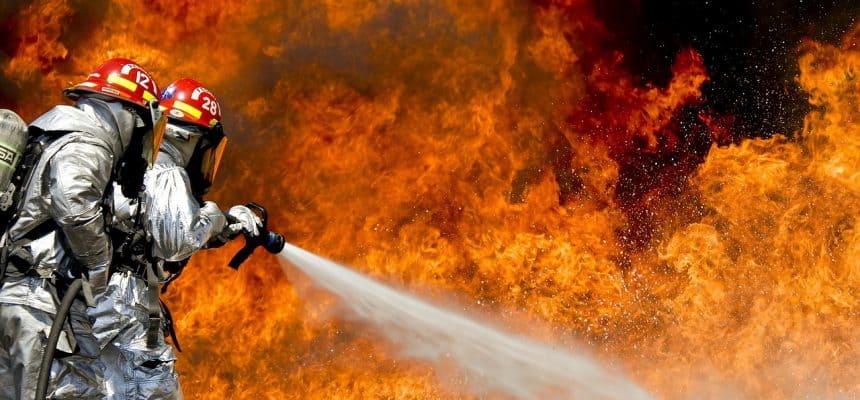Here are some of the important lessons learned from the California fire that everybody should consider.
![]()
1. Fires can happen anytime, anywhere.
The California wildfire started out as a simple grass fire that was left unattended. And this is a common scenario for all other types of fire. At home, a simple unattended cooking or a cigarette butt not properly disposed of can cause tragic fires. An overheating machine or placing a stack of paper near a photocopying machine are scenarios that are most likely to cause fire to ignite. Being aware of your surroundings and understanding the fire risk of every situation is important in preventing fire.
2. Having an evacuation plan is not enough.
Paradise, one of the towns grazed by the fire, had an evacuation plan created after the 2008 Humboldt and Lightning wildfires forced tone third of the town’s residents to evacuate. However, the evacuation plan had never been practiced and it was outdated. Town council candidate Julian Martinez warned the town in an election forum last September, saying:
“I think maybe we’re prepared for what fires looked like 10 years ago, but I don’t think we are prepared for this season or next season.”
When it comes to evacuation plans, it is important that they are practiced regularly so you know when adjustments have to be made. The evacuation should also be displayed in a public area where people can easily access them during emergencies.
3. A clear, well-lighted escape route can save lives.
Whether it’s a building fire or a massive wildfire like the California fire, the first thing people look for is an escape route. Exit routes should be labeled appropriately, clear of obstructions, and well-lighted even if the power goes out or the smoke makes visibility difficult.
4. An audible alarm system is a more effective warning than a text message or other phone-based alerts.
During the California fire, the first warning was sent out through the town’s CodeRed system via land lines, mobile phones, SMS, email, Twitter and Facebook and a mobile app. However, only half of the residents signed up for the service. A siren would have been more effective because people’s tendency is to take cover and find a safe place when they hear an alarm.
This is the same for building fires. A smoke alarm is more effective than a text message or a smartphone notification. Installing smoke alarms can save a lot of lives because when they hear the alarm go off, people know what to do.
